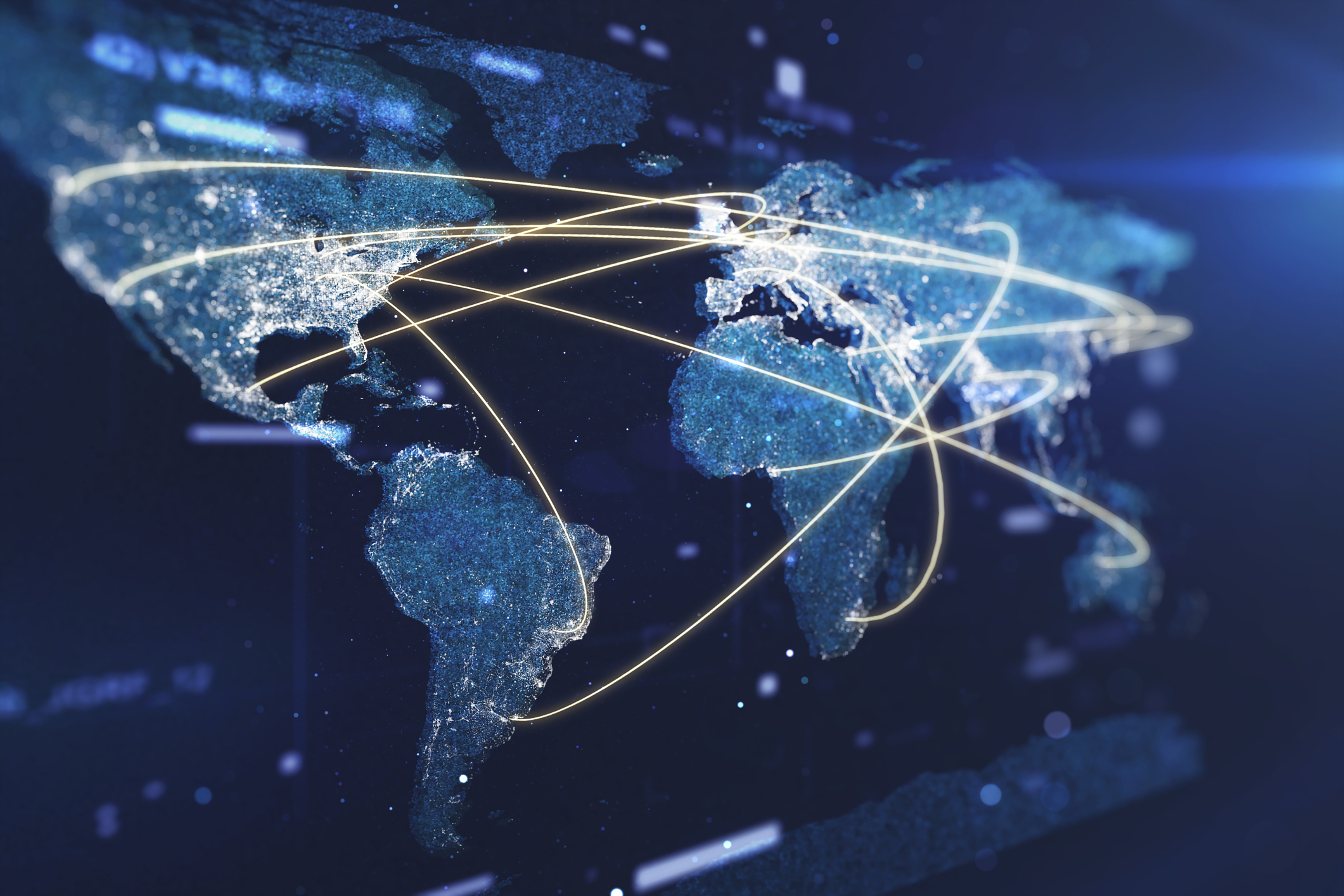In an increasingly digital world, connectivity is a necessity. Yet, nearly a third of the global population remains offline, unable to access the services vital to participating in our global digital economy and society. The Edison Alliance at the World Economic Forum has worked to change that by delivering digital connectivity and access to financial, healthcare, and education services to those who need them most. Our partnerships with governments, industries, and non-governmental organizations drive lasting systemic change.
[time-brightcove not-tgx=”true”]
The World Economic Forum played a pivotal role in launching and guiding the Alliance’s work, providing a platform for stakeholders to come together and commit to a vision with actionable ideas and plans. CEOs, ministers, and heads of international organizations harnessed the power of public-private partnerships and gathered to discuss the barriers to connectivity and identify scalable solutions.
The 1 Billion Lives Challenge, achieved by the Edison Alliance in 2024, one year ahead of schedule, exemplifies what can be achieved when diverse stakeholders work toward a common goal. Through partnerships with telecom providers, financial institutions, technology companies, and policymakers, the Alliance delivers impactful programs worldwide. In India, we are using digital tools to connect rural communities to vital health services. In Africa and the U.S., mobile banking solutions empower millions of unbanked individuals with access to financial services. In Latin America, digital literacy initiatives opened new educational opportunities for often underrepresented populations.
Each of our efforts underscore the profound impact of digital connectivity. For the rural farmer in Kenya, it means access to real-time market information that can increase yield and revenue. For the student in a remote village in Peru, it means access to online learning platforms and global educational resources. For the small business owner in Indonesia, it means the ability to reach new markets and grow. Connectivity, quite simply, is the key to unlocking potential and reducing inequality.
Achieving the 1 Billion Lives Challenge is not just a milestone, as every life touched is a life improved and a call to further action. It demonstrates that global challenges—no matter how complex—can be addressed when we come together with purpose and determination. But our work is far from over. While one billion people have better and more comprehensive access to our digital world, billions more still lack access to these critical digital tools. And, the adoption of AI and Generative AI tools threatens to further widen that gap. The digital divide remains one of the most pressing issues of our time, and the Alliance is committed to continuing its efforts to close it.
The World Economic Forum will remain a critical organization for advancing our work. It is a place where leaders are not only inspired to think big but are also held accountable for delivering on their commitments. The Forum’s unique structure, which emphasizes multi-stakeholder collaboration, ensures that progress is not just discussed but achieved. It is in this spirit that the EDISON Alliance was born, and this is the spirit that will launch further efforts to expand access to vital resources and opportunities. Our work will continue through new initiatives like the World Economic Forum’s AI for Prosperity and Growth in Africa, launched at this year’s Annual Meeting.
Looking ahead, we see a world where connectivity is available to all who want it. This vision requires sustained effort, innovation, and investment. It requires us to address the structural barriers that perpetuate the digital divide, from affordability and infrastructure to digital literacy and policy frameworks. It requires us to keep asking tough questions and pooling our resources to push the boundaries of what is possible. We call on the public and private sectors to increase their collaboration so we can meet these bold ambitions. Together, we will build a world where no one is left behind in the digital age.

